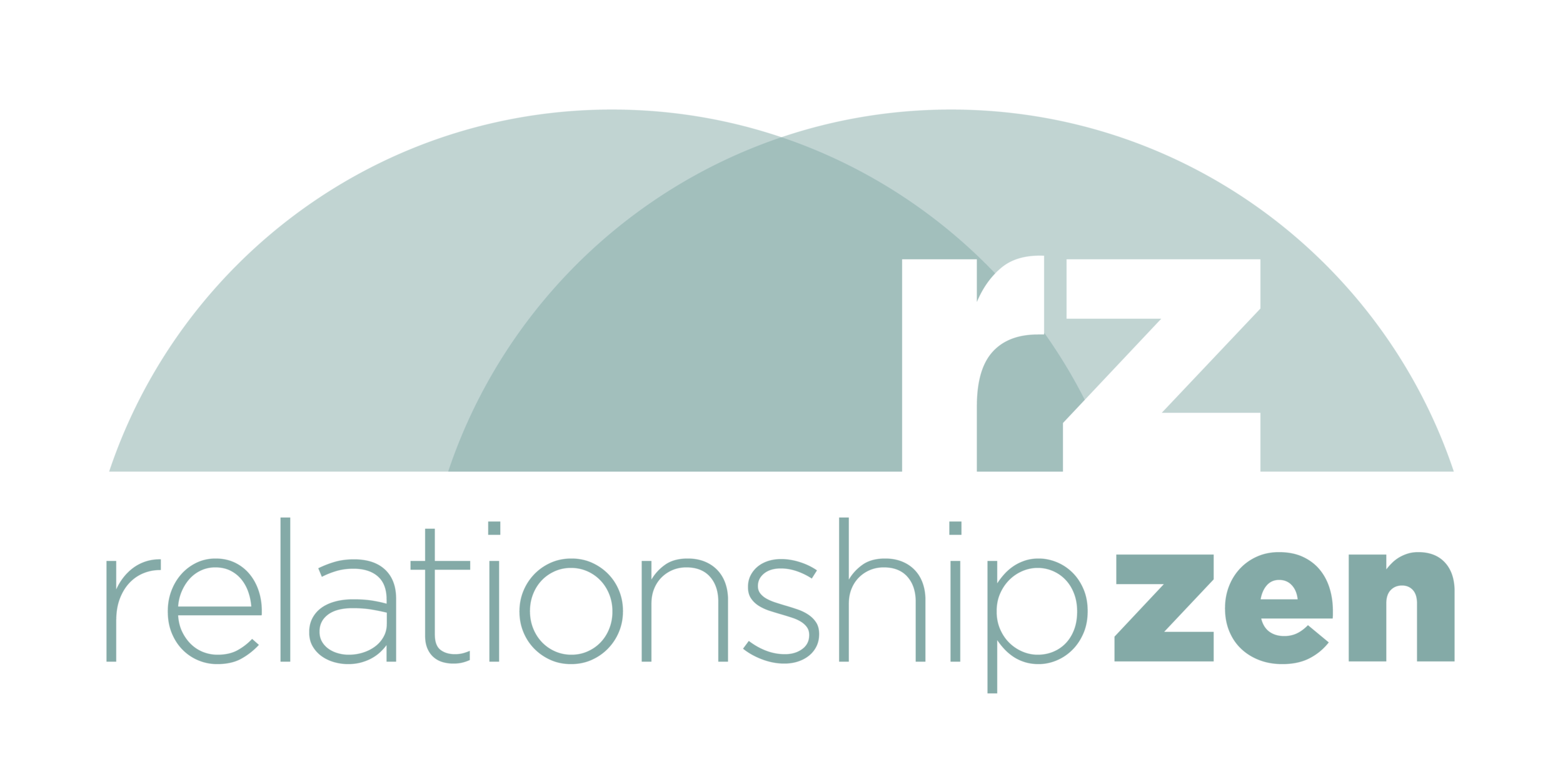Ejecting the Ego from the Driver’s Seat
“A genuine relationship is one that is not dominated by the ego with its image-making and self-seeking. In a genuine relationship, there is an outward flow of open, alert attention toward the other person in which there is no wanting whatsoever.” -Eckhart Tolle
The last time we had a heated discussion, we were reminded of how easy it can be to slip into a place of fear (resistance) or desire (attachment).
Unlike love (no resistance and no attachment), fear and desire invite the ego to take possession of the driver’s seat. The ego seeks to compare, to like, to dislike, and to gain because it feeds off of fear, attachment, aversion, greed and hatred.
Once the ego is in control, the smallest interactions with our partner can become insincere because the ego takes the opportunity to seek recognition, praise, attention, or a stronger sense of self. Through this insecure process of trying to appear secure, we begin to make comparisons and assumptions about our partner and seek to prove that we are better than they are, or that we know more than they do, or that we have more than they do. Sometimes it happens in very subtle and almost unnoticeable yet equally destructive ways.
What’s worse (and completely human) is that it can seem temporarily pleasurable to satisfy one’s ego at the expense of others. Ultimately, acting from the ego is highly toxic and detrimental to any relationship, including the one with ourselves.
Picture this: we were in the car driving to an event when a sensitive topic involving financial security surfaced, which triggered fear and desire. There was no yelling or name-calling, but there was a subtle current of defensiveness, control, and justification running through our words. The ego was driving this conversation.
This led to a communication breakdown and increasing frustration, with neither one of us choosing a more loving and constructive approach. It felt difficult to let go of our egos, to be present with one another and to release the conceptual identities (such as lazy, or insecure, or cold, or insensitive, etc.) that we’d placed on one another.
Before the conversation became more strenuous, we paused. The silence gave us time to become aware that our egos were driving the conversation. We recognized that the problem was not what we were saying to each other, but the source of our words and intent behind them.
Rather than love, fear was the source of our words. Even though we were trying to be supportive of each other, the intent behind what we were saying was to change the other person, to protect ourselves or to preserve our identity/position and to reinforce the image that we’d temporarily placed on the other.
Due to the toxic source and intent, we couldn’t hear or attend to each other’s core needs.
With this realization, we reset our conversation and began to create space for love, vulnerability, appreciation, and connection. It’s very difficult to keep the ego from running a relationship, but with this recognition, we are working on being more mindful.
If couples don’t recognize the ego, it can lead to extremely problematic circumstances down the road.
Here are the tips that we use to catch and minimize the ego:
Recognize the ego. Once you shed light on it, it can no longer hide and operate within the shadows. It automatically loses power.
Remember that your partner is not responsible for your (un)happiness. If you’re unhappy, change your thoughts and actions, don’t try to change your partner. Release the conceptual identity that you have assigned to them (for example, the person who should make you happy).
Cut yourself some slack. Through conditioning, many of us have been indirectly taught to fear (to protect), to desire (to lust) and to make it about “me, myself and I” and to perceive the world as “zero-sum”, rather than as abundant. Remember that (re)learning to love is a process.
Try to approach your partner again. But this time, don’t think… just listen with your body and spirit. This will help you reconnect to each other through appreciation and understanding.
Gently reflect on the experience and discuss how you can skip the turmoil next time and get right to the listening.
Hug it out! Apologize and embrace them with love without attachment, judgement, or resistance.
What role has the ego had in your relationship with yourself and others? What strategies have you used to eject the ego from the driver’s seat when it did not serve you? We look forward to responding to your thoughts in the comment section or on our Facebook group.
Sending you positive vibes,
DL
“Holding onto anger is like drinking poison and expecting the other person to die” -Buddha
